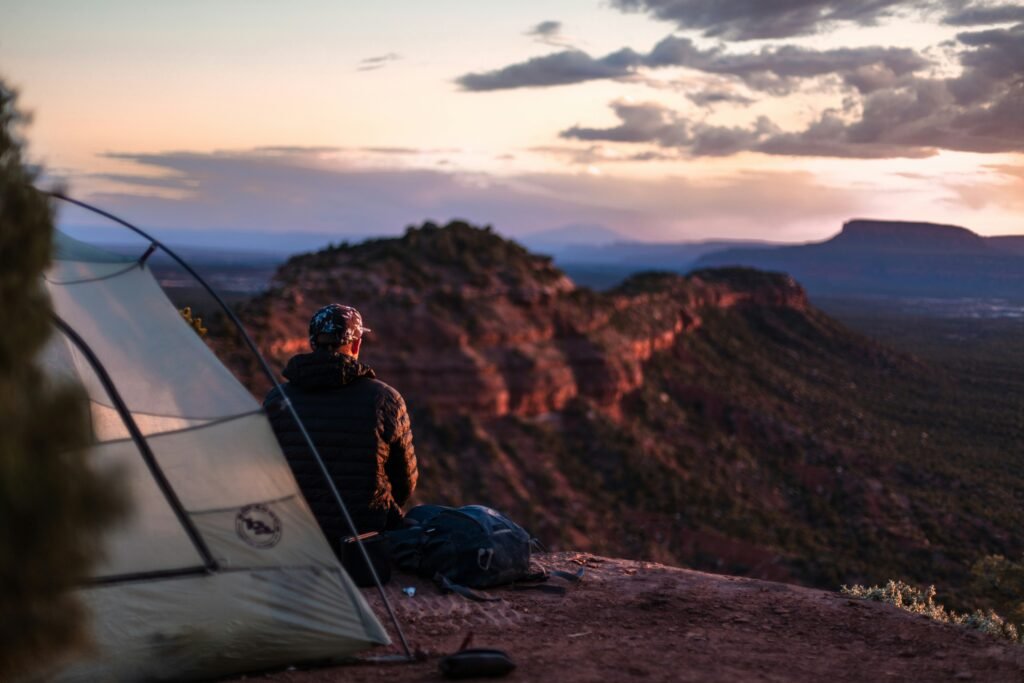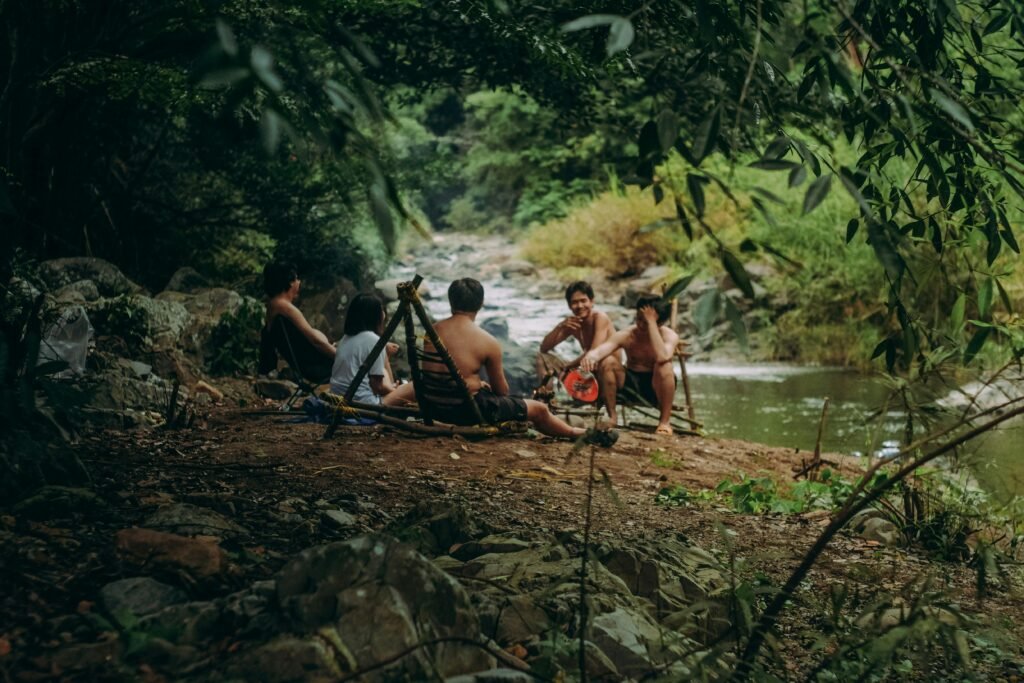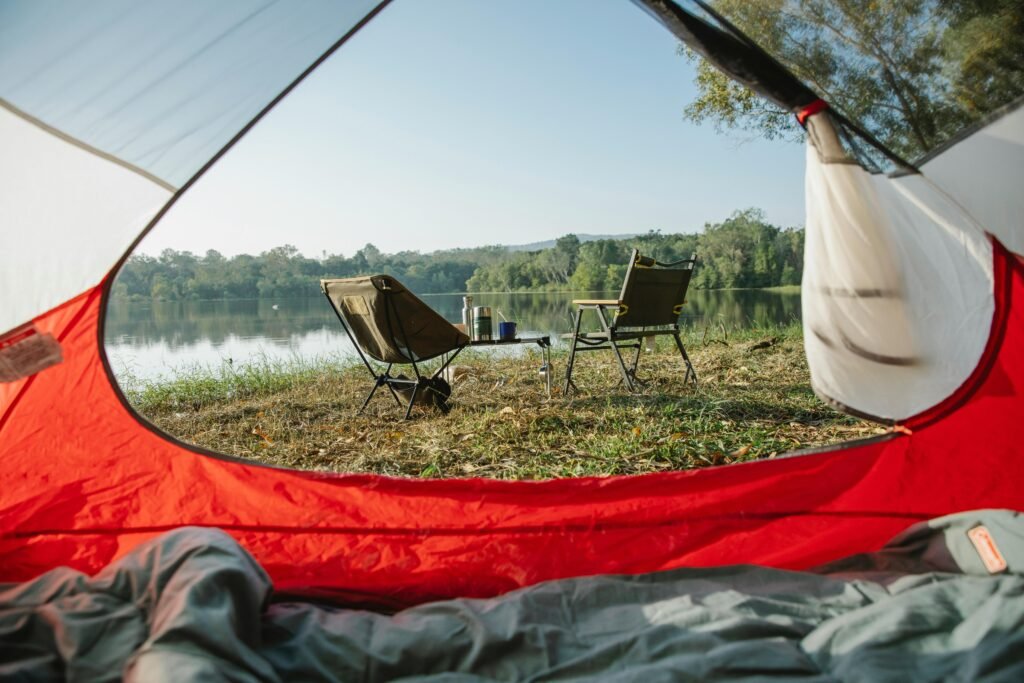Stepping into the wild alone is a thrilling and self-reflective experience. For instance, solo camping will help you to get rid of the cacophony that marks most of our lives; instead, you will be left with nothing but calm sounds of nature and your own thoughts. In this guide, I have sought to elaborate on some core aspects of solo camping so that when you finally reach there it should be as rewarding as it is memorable.
Why Choose Solo Camping?
Benefits of Solo Camping
Freedom is one advantage of going solo. There are no group members to consult in making any decision from when to wake up to which path to follow. This would mean getting closer to nature in search for inner peace and for challenging yourself.
Challenges of Solo Camping
On the flip side, it involves surmounting obstacles by yourself. You’ll carry all your gear and make all the decisions besides handling any emergencies that might arise independently without the need for a group or partners around but these difficulties mostly build-up character.
Preparing for Your Solo Camping Trip
Choosing the Right Gear
Essential Camping Equipment
These include a lightweight tent, seasonable sleeping bag, stove that you can carry within one handbag, food containers among others. Opt only for high quality equipment; they will count in every ounce while on an expedition.

Safety Equipment
The safety apparatuses involve first aid box, emergency whistle, bear sprays if available at your disposal, water treatment technique and tools used while starting fires. Always prepare for worst-case scenarios.
Planning Your Route and Campsite
Start with research activities. Use maps read reviews about the area and know about its terrain before determining where to put up your camp since some sites may be safe but closed off to individual campers.
During the Trip: Tips to Enhance Your Solo Camping Experience
Setting Up Camp
Find a location for your shelter and have enough time for cooking before it gets too dark. Landing on the plain ground, near water (not by the fire) and in some wind protected environment.

Cooking and Eating Alone in the Wilderness
Such foods that require only heating should be adopted with an aim of maximizing taste yet still being healthy. For example, dried-pasta or any other food that can be boiled easily. Storing food properly is critical to avoid attracting wild animals.
Staying Safe While Solo Camping
At any time, remain observant of your surroundings. Keep checking weather updates and a contingency plan should always be within reach. Know about wildlife around you including how you are supposed to react when they attack.
Post-Trip: Reflecting on Your Experience
Using reflection as a learning tool can be immensely helpful. This will help you remember what equipment proved vital for this kind of outing, which skills you need to improve upon and how did the peace affect your mind.
As opposed to only surviving in nature on their own, solo camping means benefiting from solitude while providing an exceptional chance of introspection. By taking time to prepare carefully and protect the environment, a single journey may become a source of strength throughout one’s life even after coming back home once again.



